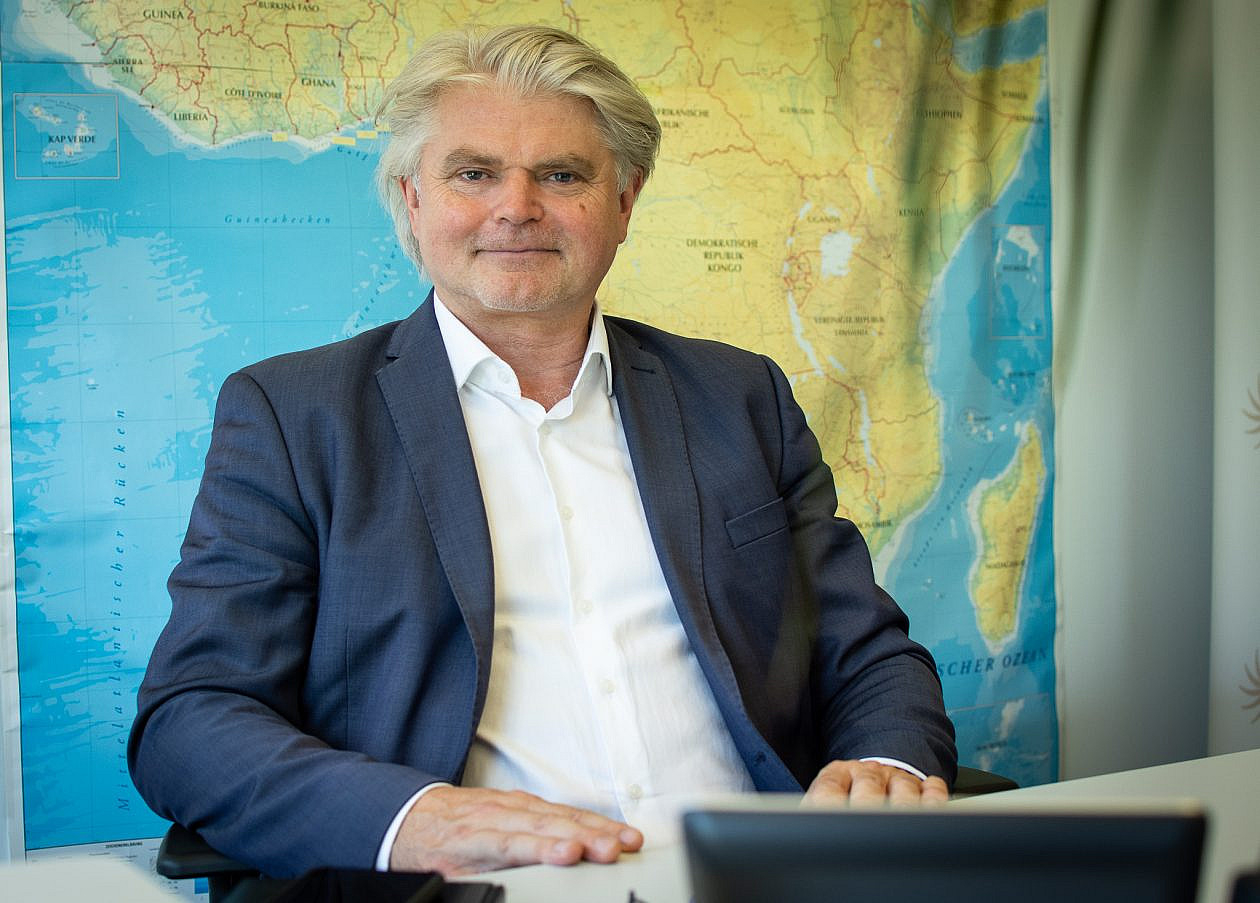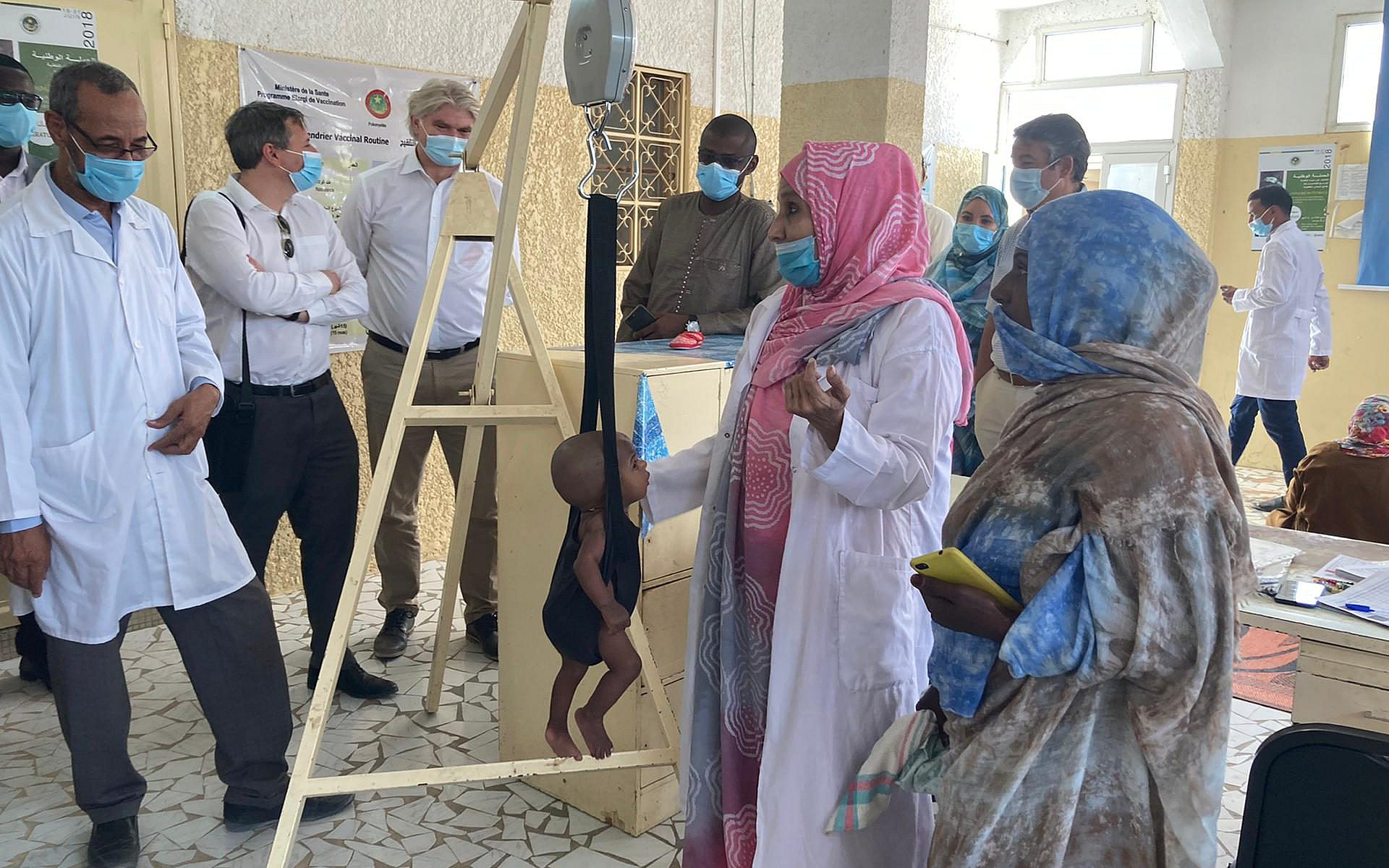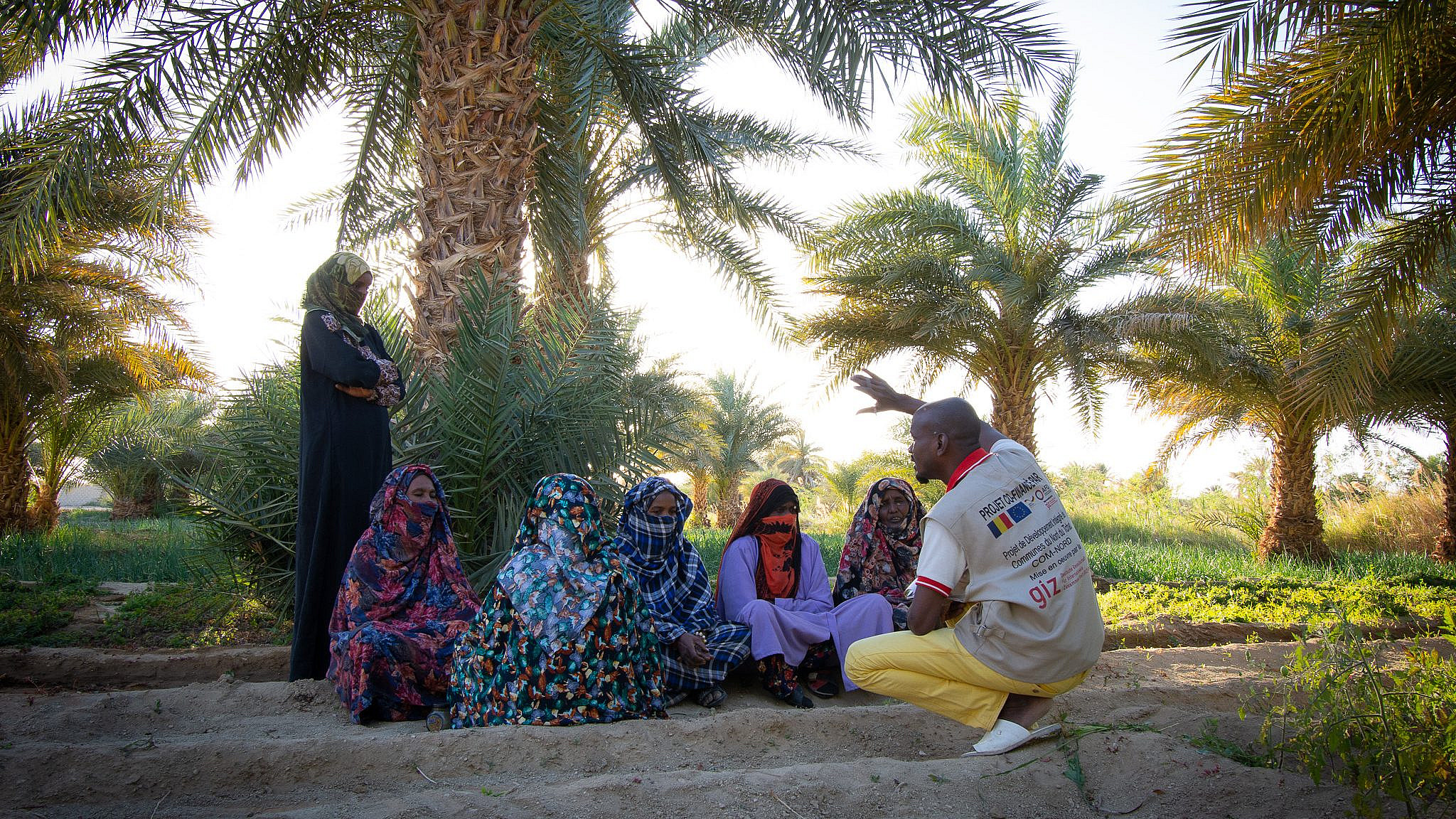“We really want to put the benefits for the people living in the Sahel at the centre of what we do”

In this interview, Christoph Rauh, Director for Africa at the German Federal Ministry for Economic Cooperation and Development (BMZ) looks back on his three years as head of the Sahel Alliance steering committee and on Germany’s commitment to the Sahel.
How do you view the Sahel Alliance, 5 years after its creation?
As you know, the Sahel Alliance had 3 funding members: Germany, France and the European Union. Today the Alliance counts 26 members, so we have grown quite significantly in the past few years. We achieved substantial progress in various areas, we have now a large budget if you combine all donor activities, i.e. 26 billion euros with a total of 1200 individual programmes and projects. Of course, I am also proud of the fact that we have a structure on the ground that works very well. It does not only coordinate activities in the various capitals. In the past 3 years, we established a coordination structure on the ground that is operational. The Sahel Alliance is a key coordination structure in the Sahel region and we are proud to have a strong partner structure, i.e. the G5 Sahel Secretariat, in Mauritania. We can really see a lot of positive things happening and we also prove that we can respond to new developments in the region, as shown by the current food crisis caused by the war in Ukraine. We could demonstrate that we, as a group of 26 members, can swiftly react and adapt to new developments in the region.
What challenges must still be addressed in order to contribute to changing the lives of Sahelian men and women?
There are numerous challenges. The Sahel is one of the poorest regions in the world, and we always bear that in mind. We have a lot of challenges, in building infrastructures for example. But I would like to emphasise that we must also consider the political component: the Sahel Alliance is not just a donor technical coordination structure. We also were able to craft joint political positions and messages that we could send to our partners in the region. Good governance in the partner countries is also an important issue and, we want to support our partners wherever we can to improve the conditions in this area.

Are yesterday’s priorities still today’s priorities for the Alliance?
The priorities shifted a bit of course, but in principle what we want is to support the development plans of our Sahelian partners. We want to support the populations in the Sahel region, that must be at the centre of everything we do. We have to look at what is happening on the ground and determine which part of our support really makes a difference for the populations in the Sahel. In this context, we also set up some monitoring mechanisms, which is important. We, as Sahel Alliance, also must show that things are working and go to the field. We have to look at monitoring issues collectively as a group of 26 donors, and also work out and clearly talk about the benefits of our action on the ground. We have to sell the success stories achieved here to the donors, and of course show the G5 countries that we are effective and that we bring added value.
What is Germany’s assessment after 3 years of chairing the Steering Committee?
It was a very challenging time for me, but I am very proud that I was given the opportunity to chair this Steering Committee for 3 years. It was not always easy to work in the context of the covid crisis, as we had a very restricted access to the Sahel region for almost 2 years. Therefore, I am very proud that I could chair the Steering Committee for 3 years. It was a fascinating job and I think it was also a time when we could clearly refine the mandate of the various Sahel Alliance bodies. I am talking about the General Assembly and the role of the Steering Committee, and setting up the coordination unit (UCA), the coordination project in Brussels. We should not forget that the whole process started only a few years ago and we can all be proud of it as a group of donors.

Given the changing context, what will Germany’s priorities for the Sahel be in the coming months?
The German Development Cooperation remains strongly committed to supporting the Sahel Alliance in the future. It is important to rotate in the mandate to create the necessary ownership for the Sahel Alliance. There will be a couple of changes at the different layers and levels of the Alliance, but Germany will definitely continue to play a very active part, for example in the working group for decentralisation. We will also continue supporting the Coordination Unit. We have a new Government and a new Minister for Development Cooperation in Germany, so we will look at additional areas from our side. For example, aspects related to gender equality, climate issues will be strengthened even more in the future. We will assuredly bring additional impulses that will inform our discussions within the Sahel Alliance.
What are your current areas of concerns for the Sahel region?
We are concerned about the political developments we have witnessed in the last months and years in some of the G5 countries. We hope that these countries will return to democratic systems and that the transition in Mali, Burkina Faso and Chad will work well. It is in a way the foundation for our cooperation with the G5 Secretariat and the G5 as a group. We are ready to do whatever we can to support this process from the standpoint of the Sahel Alliance. It would mean a lot for everybody if Mali could re-enter the G5.
What messages would you like to send to the Sahel people?
We are on your side and we know that the living conditions in the Sahel region are not always easy. We want to show solidarity through our actions. We all live in this one and only world, we do not close our eyes and look the other way, to other parts of the planet. We really want to put the benefits for the people living in the Sahel at the centre of what we do. Political dialogue is important, and we have to invest in this area. However, the benefits that the people of the Sahel draw from what we contribute within the context of the Sahel Alliance stand at the core of everything we do is.
Watch the video interview:

